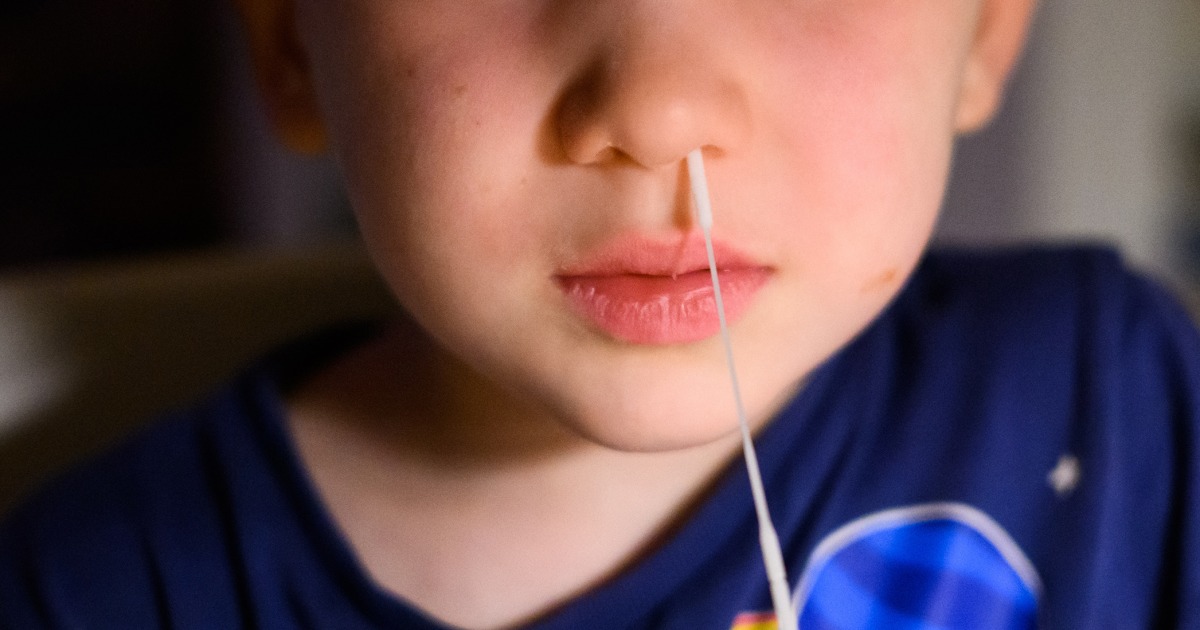The Drug Enforcement Administration announced in early 2024 that it would act on President Joe Biden's call to reclassify marijuana , moving it from the tightly controlled Schedule I category that it has been in since 1970 to the less restrictive Schedule III status of the Controlled Substances Act. That triggered a long process of hearings and reviews that will not be completed until after the presidential election in November. The news drew strong reactions from critics: 25 Republican lawmakers sent a letter to Attorney General Merrick Garland protesting any changes to federal marijuana laws.
They argued that the decision "was not properly researched ...
and is merely responding to the popularity of marijuana and not the actual science." As a philosopher and drug policy expert , I focus on assessing arguments and evidence rather than politics or rhetoric. So, what are the arguments for and against rescheduling cannabis? Scheduling under the Controlled Substances Act The Controlled Substances Act places each prohibited drug into one of five schedules based on known medical use, addictive potential and safety.
Schedule I drugs—which, along with marijuana, also includes heroin, LSD, psilocybin, ecstasy (MDMA) and quaaludes—is the most restrictive category. Schedule I substances cannot be legally used for any purpose, including medical use or research, though an exception for research can be made with special permission from the DEA. The criteria for inclusion in the Schedu.



















